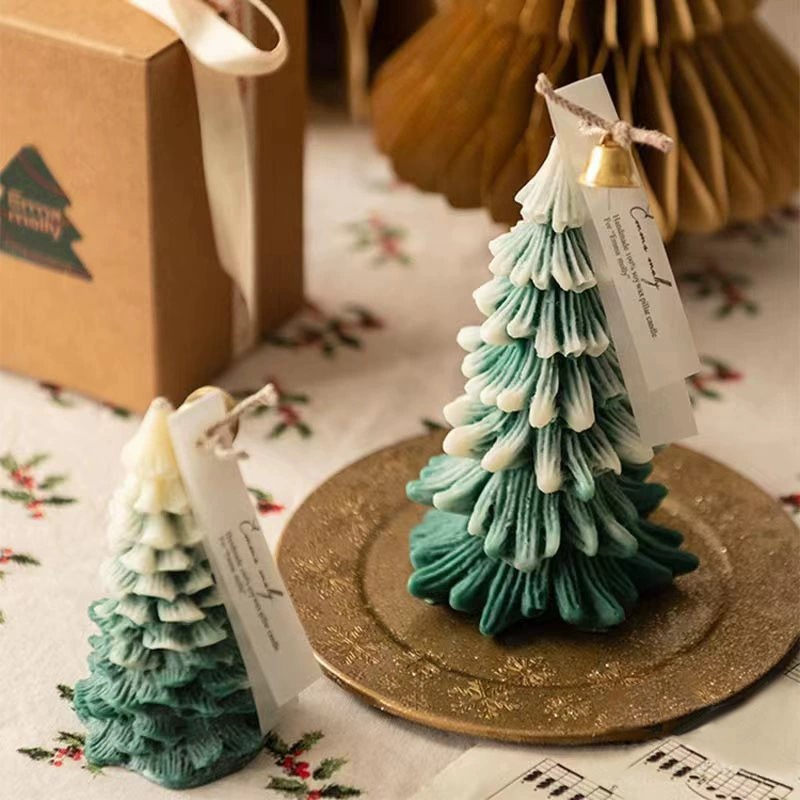Oriental Culture and Creativity Inspired Fragrance Journey | ScentSerenade
Essential Oils: Are They Truly Safe to Breathe In?
(are essential oils safe to inhale)
That lovely scent drifting from your diffuser seems calming. But a tiny question pops up: Is breathing this stuff actually safe? Let’s dive deep into the fragrant world of essential oils and find out the truth about inhalation.
1. What Are Essential Oils?
Think of essential oils as the super-concentrated life force of plants. They aren’t greasy like cooking oils. These are volatile liquids captured through careful processes like steam distillation or cold pressing. Picture tons of lavender flowers squeezed or steamed to get just a small bottle of oil. This intense concentration packs the plant’s scent, flavor, and potential effects. Plants make these oils for their own survival – to attract pollinators, fight off bugs, or heal injuries. Common oils include lavender for relaxation, peppermint for a mental boost, tea tree for cleansing, and eucalyptus for clear breathing. Remember, they are powerful plant chemicals, not just nice smells.
2. Why Inhale Essential Oils?
Breathing in essential oils is popular for good reasons. It’s often the fastest way for these tiny molecules to interact with your body. When you inhale, scent molecules travel up your nose. They hit olfactory receptors directly linked to your brain’s limbic system. This part controls emotions, memories, and even basic functions like heart rate. That’s why a whiff of lavender can instantly make you feel calmer. Or peppermint can make you feel more alert. People use inhalation to ease stress, improve mood, support better sleep, clear stuffy noses, or sharpen focus. It feels direct and often gives quick results. The aroma feels personal and immediate.
3. How to Inhale Essential Oils Safely
Yes, inhaling essential oils can be safe. But safety depends entirely on doing it right. Here’s the lowdown:
Dilution is Key: Rarely inhale oils straight from the bottle. Your nose is sensitive. Use a diffuser – ultrasonic ones mix oil with water, dispersing tiny droplets safely into the air. Follow the diffuser’s instructions on drops per water amount. For steam inhalation (like over a bowl of hot water), use only 1-2 drops. More isn’t better.
Short Sessions Matter: Don’t run your diffuser non-stop. Aim for 30-60 minutes at a time. Then give the air a break. Your body needs this.
Ventilate Your Space: Keep a window cracked or door open. Fresh air circulation prevents oil buildup in the room. Stuffy air isn’t healthy.
Listen to Your Body: Pay close attention. Does a scent suddenly give you a headache? Make you cough? Feel dizzy? Stop immediately. Move to fresh air. This is your body saying “no.”
Know Your Oils & Limits: Some oils are stronger than others. Peppermint and eucalyptus are powerful. Use them sparingly. Certain oils aren’t great for inhalation, especially around kids or pets. Do your homework. Pregnant women, young children, people with asthma, or pets need extra caution. Always check specific oil safety.
4. Essential Oil Applications Beyond Inhalation
Inhalation is just one way to use these potent plant extracts. Essential oils have many other roles:
Topical Use: Diluted oils (always in a carrier oil like coconut or jojoba!) can be massaged onto the skin. Think soothing sore muscles with peppermint or lavender. Or using tea tree oil diluted for skin support.
Cleaning Power: Oils like lemon, tea tree, and lavender are natural cleaners. Add them to homemade sprays or surface wipes. They cut grease and leave a fresh scent without harsh chemicals.
Natural Bug Repellents: Citronella, lemongrass, and eucalyptus oils are famous for keeping mosquitoes and flies away. Use them in sprays or diffusers outdoors.
Personal Care: Essential oils add scent and benefits to DIY lotions, shampoos, bath salts, and soaps. Lavender for calm baths, rosemary for scalp health.
Flavor Boosters: Some food-grade oils (like peppermint, lemon, or orange) add intense flavor to recipes. Use just a tiny drop. They are very strong.
5. Essential Oil Inhalation FAQs
Let’s tackle those burning questions:
Can inhaling essential oils hurt my lungs? Yes, potentially. Overuse, using oils not suited for inhalation, or inhaling undiluted oils can irritate airways. This is especially risky for people with asthma or breathing issues. Always use a diffuser properly. Never inhale straight from the bottle deeply.
Is it safe for kids? Be extra careful. Babies and young kids have sensitive systems. Many oils aren’t safe for them. Always research specific oils and use kid-safe dilution levels. Avoid diffusing strong oils like peppermint or eucalyptus around infants. Consult a pediatrician first.
What about pets? Very important! Birds, cats, and dogs can be extremely sensitive to essential oils. Some oils (like tea tree, eucalyptus, citrus) are toxic to them. Never diffuse oils in rooms where pets spend lots of time unless you know it’s safe for that specific animal. Talk to your vet.
How long should I diffuse oils? Shorter is safer. Start with 15-30 minutes. See how you feel. You can take breaks. Don’t diffuse for hours on end. Your body needs fresh air too.
Can I get addicted to inhaling oils? There’s no evidence suggesting physical addiction like drugs. But you might get used to the feeling or scent. It’s more about habit than chemical dependence. Using them mindfully is key.
(are essential oils safe to inhale)
Do essential oils cure diseases? No. Essential oils are not medicine. They can support wellness, relaxation, and comfort. But they do not cure illnesses like cancer, infections, or chronic diseases. Rely on proven medical treatments for serious health issues. Use oils as a complementary tool, not a replacement.



